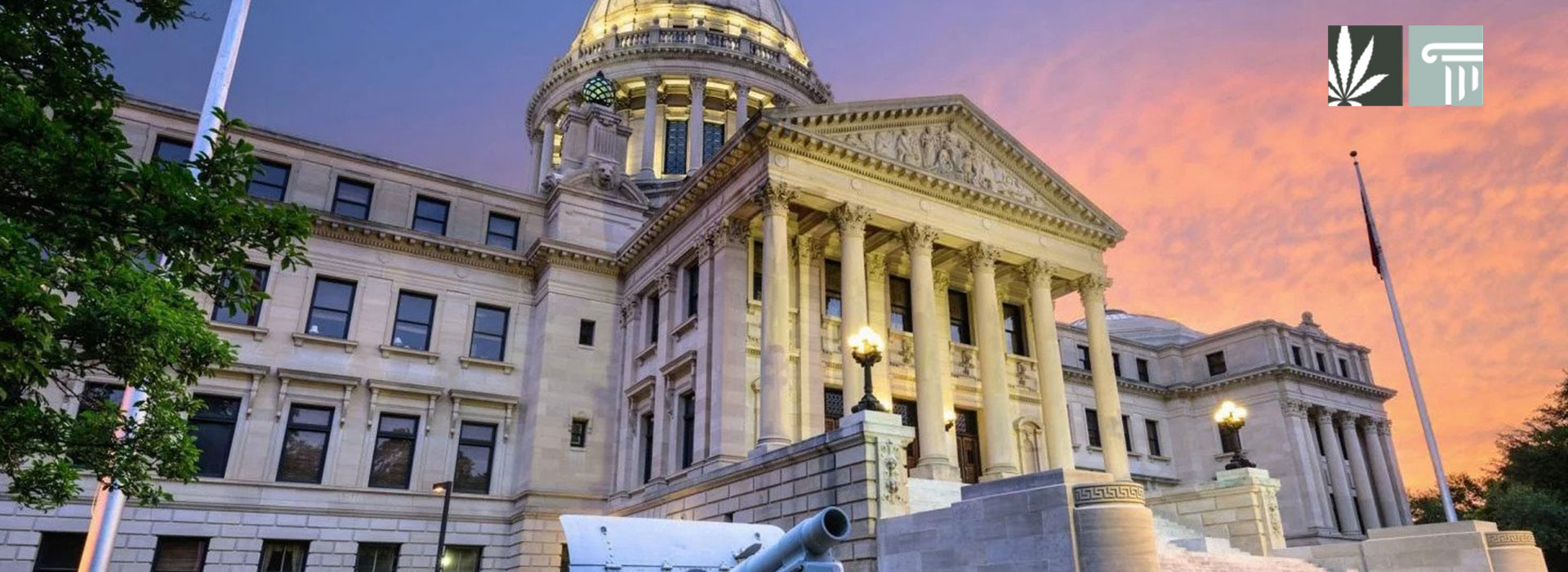Mississippi House and Senate lawmakers are due to meet to work on a compromise medical marijuana bill ahead of an anticipated special legislative session in mid-August. The move follows the state Supreme Court’s decision in May to block a voter-approved ballot measure – Initiative 65 – to legalize medical cannabis.
Rep. Lee Yancey (R) and Sen. Kevin Blackwell (R) are working on separate measures but said they’d discussed the possibility of coming together to draft a joint medical marijuana bill after Gov. Tate Reeves (R) indicated he might call a special session, but only if House and Senate leaders were close to an agreement.
The Senate is finalizing its version, with the chamber’s Public Health Committee having held its final hearing on the proposal. The panel has now taken input from medical professionals, marijuana business associations and officials from states which have implemented the reform.
With time in short supply, however, it seems there’s still many areas on which House and Senate lawmakers need to find common ground. Points of contention include whether smoking cannabis should be permitted as a treatment option, whether local jurisdictions may opt out of the state’s medical cannabis program, and whether to allow qualifying patients to grow their own marijuana at home.
“Our position is different from the Senate position, but there are similarities. I think the House position is much closer to Initiative 65, that voters passed, than the Senate position,” Yancey said.
Blackwell said the Senate’s version is true to the spirit of Initiative 65 but that lawmakers are taking their cue from a medical marijuana bill passed by lawmakers in the upper chamber last session which faltered in the House. Medical marijuana advocates, who favor the provisions of Initiative 65, criticized the Senate-approved bill as too restrictive and that it would create barriers for lower-income Mississippi entrepreneurs to enter the industry owing to high licensing fees and onerous regulations.
“We are focused on the business end of this being a free-market approach,” Yancey said. “We don’t want to limit the number of licenses or anything like that. I believe we would probably have too many businesses in the first year, but the free market—supply and demand—would take care of that pretty quickly. As Jerry Clower used to say, everybody deserves a fighting chance.”
While Yancey wants to align the House version as closely as possible to the voter-approved ballot measure, he acknowledged that House lawmakers also have different ideas on taxation and regulation, not to mention the interests put forward by lobbyists and advocacy groups. He indicated that the House could end up taking the position that decisions on whether to allow smokable forms of medical cannabis or home delivery of medical marijuana could be left to physicians, though this may not sit well with some House lawmakers.
“On one end of the spectrum you’ve got prohibition, and on the other Cheech and Chong, and they’re all throwing slings and arrows. People have got to remember, this is about alleviating the pain of suffering people. That’s what we’re trying to do here,” Yancey said.
While the debate over the prospects of legal medical marijuana in Mississippi continues, marijuana reform advocates still lament the Supreme Court ruling to overturn the voter-approved Initiative 65, which was less restrictive than either the House or Senate versions are likely to be. The Supreme Court’s decision was based on the fact that for a ballot process to be valid, signatures must have been gathered equally from across the five Mississippi counties. This rule dates back to 1990, but following a reconfiguration in 2000 the state now only has four counties, making any subsequent ballot process void. Mississippi’s Supreme Court then refused to hear an appeal brought forward by the group behind the medical marijuana ballot initiative.






